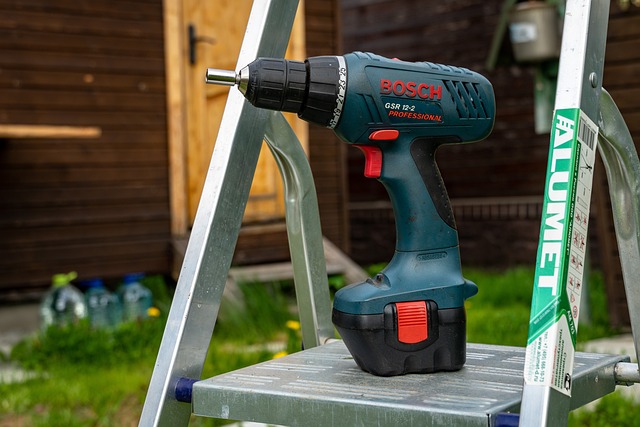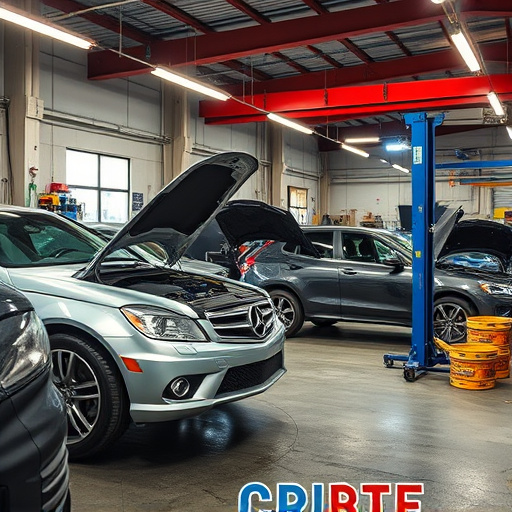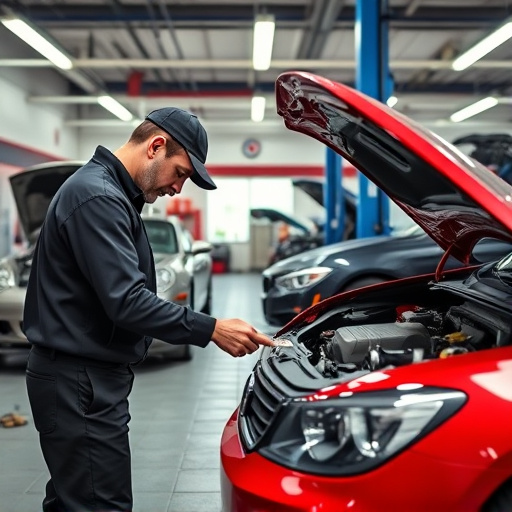Delays in collision repair cause customer dissatisfaction, damage cars, and hurt shops' reputations. Efficient time management, transparent communication, clear timelines, and modern technologies are crucial to address delay concerns, build trust, showcase expertise, and maintain a positive image in a competitive market driven by digital reviews.
Delaying collision repair can significantly impact both the outcome of the work and the reputation of a repair shop. This article explores the effects of delays on collision repair, delving into how they shape customer perceptions and ultimately affect a shop’s standing in the market. We’ll also uncover effective strategies for managing reputational damage and outline efficient processes to ensure swift recovery, emphasizing the importance of timely service in the competitive automotive industry.
- Impact of Delays on Collision Repair Outcomes
- Customer Perception: Reputation Management Strategies
- Efficient Processes for Reputational Recovery
Impact of Delays on Collision Repair Outcomes
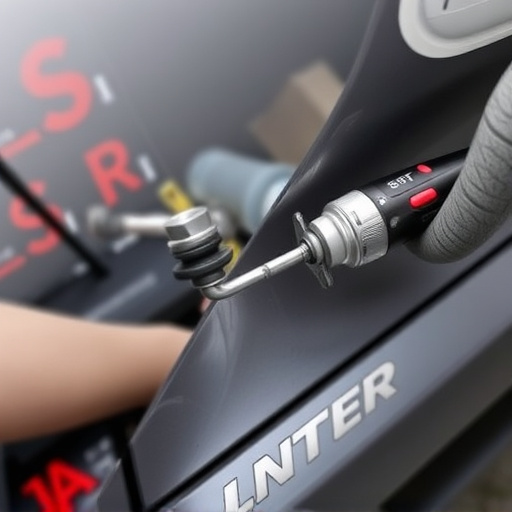
The impact of delays in collision repair can be significant, affecting both the outcome of the repair and the reputation of the repair shop. When a vehicle arrives at the shop with damage, such as a fender repair or vehicle dent repair, every minute counts. Delays in diagnosing the issue, sourcing parts, or performing the actual repairs can lead to customer dissatisfaction. In today’s competitive market, where folks have countless options for their automotive repair needs, even minor delays can be a game-changer.
Moreover, prolonged wait times can result in secondary issues like rust formation, paint imperfections, or further damage to other components, especially if the initial delay concerns collision repair. This not only complicates the repair process but also increases the cost and time required for restoration, negatively impacting both the customer and the shop’s reputation. Effective time management and efficient processes are crucial to ensure timely collision repairs and maintain a positive image in the automotive repair industry.
Customer Perception: Reputation Management Strategies
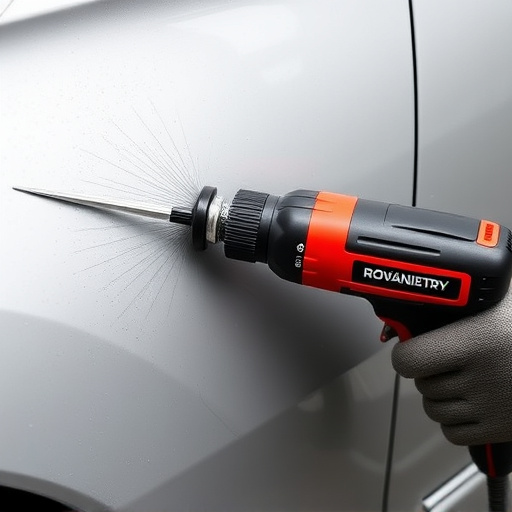
In today’s digital age, where word-of-mouth reviews and online ratings carry significant weight, customer perception plays a pivotal role in a car repair shop’s reputation management. Every delay in addressing collision repairs can lead to negative perceptions among customers, impacting their trust in the shop’s ability to deliver timely and quality service. The moment a customer experiences or hears about prolonged wait times for simple tasks like fender bender repairs or frame straightening, it raises concerns about the efficiency and professionalism of the car repair shop.
To counteract these delay concerns, reputable car repair shops should implement strategic reputation management tactics. Prompt communication, transparent updates, and clear project timelines can go a long way in alleviating customer anxieties. Additionally, showcasing successful before-and-after results of repairs on social media platforms or through online galleries can emphasize the shop’s expertise. Effectively managing expectations and delivering exceptional service despite delays will ensure that the car repair shop maintains its positive image and fosters strong relationships with its clientele.
Efficient Processes for Reputational Recovery
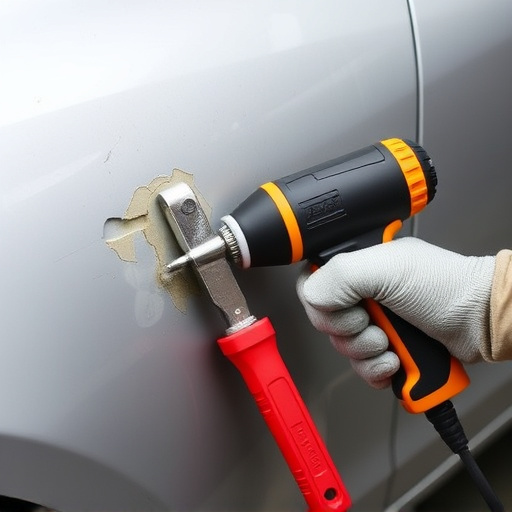
Efficient processes for reputational recovery are crucial when delay concerns collision repairs. The moment a vehicle enters a shop for repairs, it’s essential to set clear timelines and communicate them effectively to the client. This doesn’t just manage expectations but also builds trust. Streamlined workflows that prioritize every step of the repair process—from assessment to final inspection—can significantly reduce turnaround times.
Utilizing modern technologies like digital estimators and advanced car paint services equipment can enhance precision, expediting repairs without compromising quality. Moreover, a proactive approach to scheduling and resource management ensures that all aspects of automotive repair services are executed promptly. When delay concerns collision repairs efficiently, it not only restores customer faith but also reinforces the shop’s reputation as a reliable provider of top-notch vehicle repair services.
In conclusion, delay concerns in collision repair can significantly impact both the quality of service and the reputation of repair shops. By understanding the effects of delays on repair outcomes and customer satisfaction, shops can implement effective reputation management strategies. Efficient processes that streamline operations, enhance communication, and prioritize timely service are key to mitigating negative perceptions and ensuring long-term success in a competitive market.






